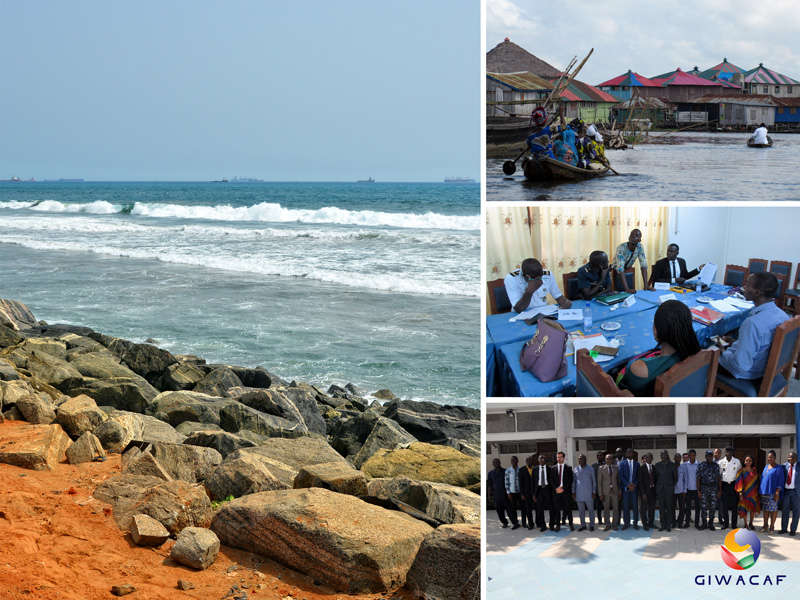The GI WACAF project – a collaboration between the International Maritime Organization (IMO) and IPIECA* – helps build capacity for oil spill preparedness and response in West, Central and Southern Africa. This week (22-25 October), Benin is hosting a GI WACAF workshop in order to strengthen its national oil pollution contingency plan.
Despite its limited shoreline, the country is exposed to oil spill-related risks – mainly because of the high number of oil tankers operating off its coast in the Gulf of Guinea and transiting through the Port of Cotonou. This is why, in 2006, the country established a national oil pollution prevention, preparedness and response scheme to protect the marine environment. This scheme now needs to be updated and adapted in light of new challenges and recent administrative reorganisation.
Participants from relevant national authorities are being trained on the National Oil Spill Contingency Plan (NOSCP), which includes testing it using a table-top exercise. The lessons learned from the exercise, as well as the findings of previous workshops and exercises, will provide a basis to further update the NOSCP.
Held in the country's economic capital, Cotonou, the workshop follows a series of similar events organised by the Beninese authorities throughout 2018 with a view to enhancing the national contingency plan. It is hosted by the Ministry of Infrastructure and Transport of the Republic of Benin and the Merchant Navy.
Clément Chazot et Émilie Canova, respectively head and coordinator of the GI WACAF project, are representing IMO during the event. Two consultants from the Centre of Documentation, Research and Experimentation on Accidental Water Pollution (CEDRE) are also present.
* The global oil and gas industry association for environmental and social issues
